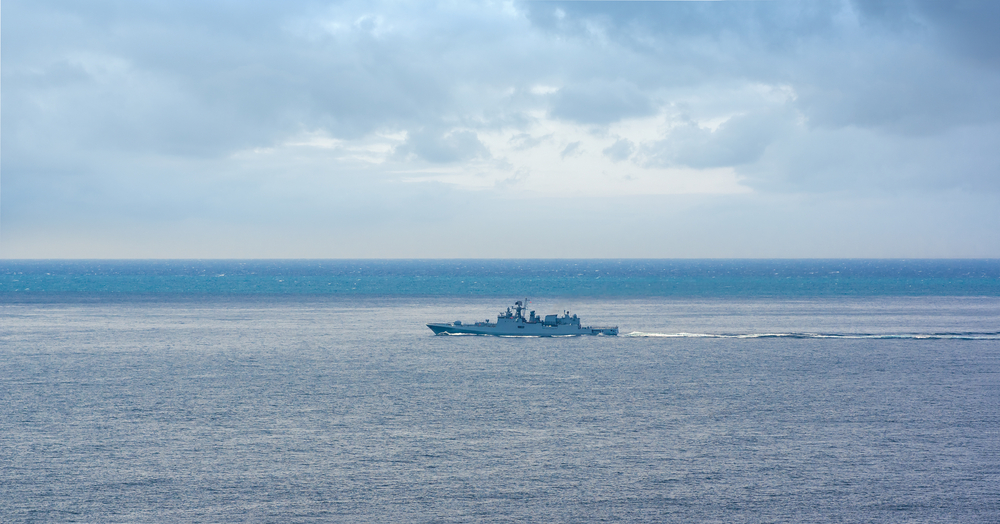The Kremlin has identified the potential presence of NATO warships in the Black Sea.
Others are reading now
The Kremlin has identified the potential presence of NATO warships in the Black Sea, as outlined in Ukraine’s maritime security strategy, as an additional threat to Russia.
Will Take Necessary Measures
According to URA Kremlin spokesman Dmitry Peskov emphasized that such issues are regulated by the Montreux Convention.
According to Peskov, Turkey, which administers the Montreux Convention, strictly regulates the presence of non-Black Sea states’ warships in the Black Sea.
He noted, “Turkey is quite precise in fulfilling its duties. Secondly, the concentrated presence of NATO ships, considering Bulgaria and Romania, poses additional threats to Russia, given NATO countries’ direct involvement in the Ukraine conflict. Russia will take all necessary measures to ensure its security.”
Also read
Ukrainian President Volodymyr Zelensky has approved the country’s maritime security strategy. The document outlines Ukraine’s plan to secure a continuous NATO presence in the Black Sea and conduct joint exercises with NATO countries.
The strategy also includes the creation of a Secure Black Sea platform, which will involve all Black Sea region countries except Russia.
Significant Escalation
The Montreux Convention, established in 1936, regulates naval traffic through the Dardanelles and Bosphorus Straits.
It limits the tonnage of ships from non-Black Sea nations that can enter the Black Sea and sets restrictions on their duration of stay. Turkey’s role as the enforcer of this convention is critical in maintaining the balance of naval power in the region.
NATO’s increased presence in the Black Sea is seen by Russia as a significant escalation, particularly due to the ongoing conflict in Ukraine. Bulgaria and Romania, both NATO members with Black Sea coastlines, play pivotal roles in this strategy, heightening Russia’s security concerns.
In response, Russia is poised to enhance its defensive measures to counteract what it perceives as growing threats.


